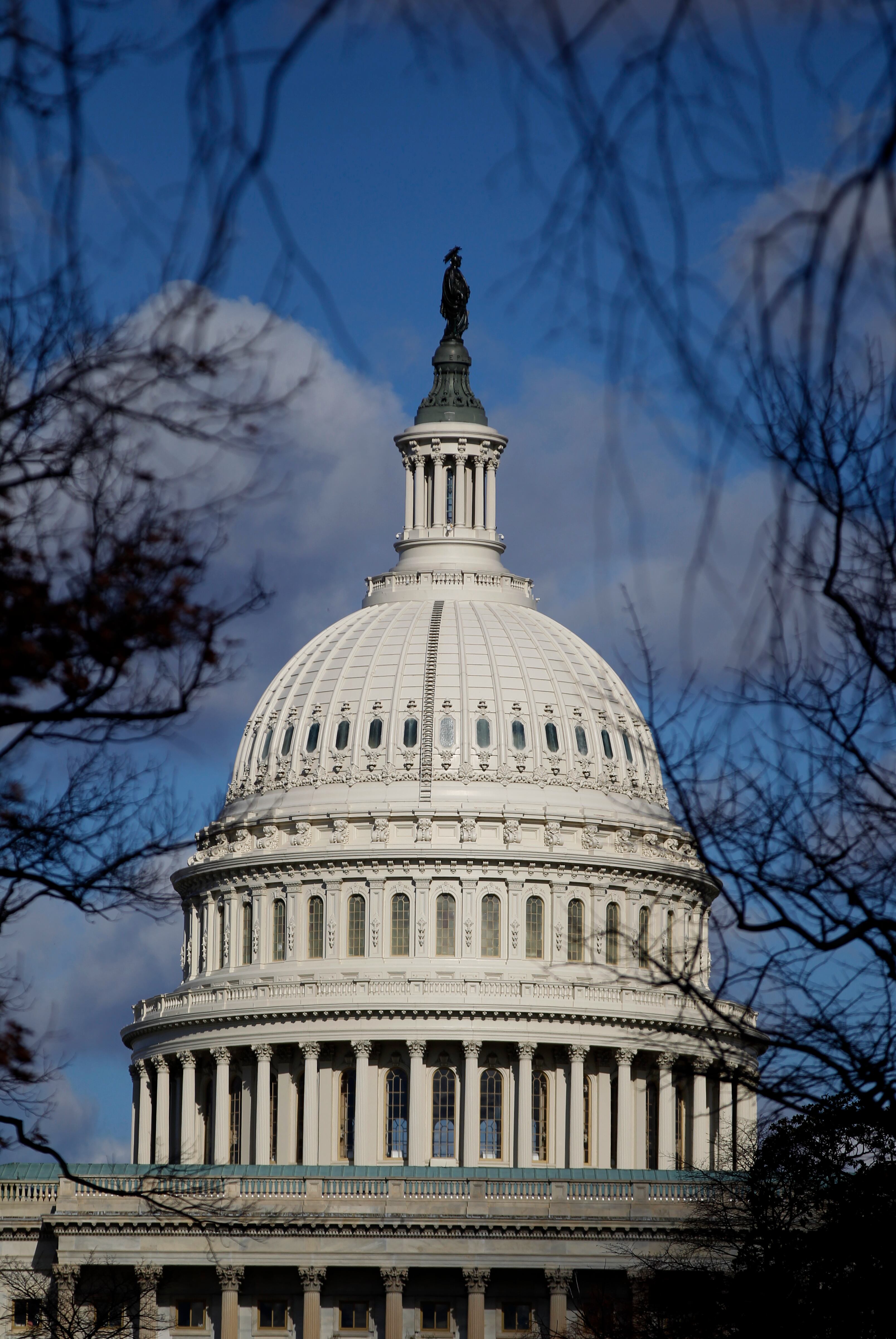Note: This article was updated on Nov. 7 to reflect the latest information on budget negotiations.
In less than two weeks time, Congress will pick up where it left off to pass a budget before the government’s continuing resolution expires on Nov. 17.
With it is likely to come an average pay raise of 5.2% for federal employees, starting Jan. 1, which was first proposed by President Joe Biden in March.
That number seems safe since Congress has offered no formal alternative to Biden’s proposal. What’s uncertain is whether a shutdown will occur that could delay pay altogether for federal employees or change the course of negotiations.
In the weeks before the government pushed through a last-minute stopgap bill on Sept. 30, negotiations had been fraught on Capitol Hill, leading experts to see a shutdown as a credible risk.
“I think it’s quite likely that we’re going to have a shutdown,” Maya MacGuineas, president of the Committee for a Responsible Federal Budget, told Bloomberg TV on July 26. “And the reason is: what seemed like a clear deal — the Fiscal Responsibility Act, we knew what levels we were going to spend on — has been turned on its head where now there’s no longer clarity.”
Analysis from the Brookings Institute last month predicted a shutdown was likely considering how little time there was between when lawmakers return to the Capitol and when the fiscal year ended, and how the debt-ceiling bill had thrown in extra requirements.
RELATED

“House Republicans, unhappy with the agreement [former] Speaker Kevin McCarthy struck with the White House, want to spend less than the levels specified in the Fiscal Responsibility Act — much to the consternation of Democrats and the White House, which says President Biden would veto the appropriations bills that are pending in the House,” the report said.
So far in discussions on the general government spending bill, Congress has not quibbled with Biden’s number, effectively endorsing the White House’s plan to give civil servants the largest base pay increase in nearly four decades.
RELATED

Of course, nothing is guaranteed until the final spending bill is signed by the president, but at this stage, it’s an indication that the final number may resemble what the administration proposed. It’s also common for Congress to be mum on the president’s proposed pay hike, allowing that number to take effect simply by remaining silent on it during the appropriations process.
The defense bill that passed the Senate on July 27 did explicitly mention a 5.2% raise for civilian employees of the Pentagon. That doesn’t directly affect what other agencies’ spending bills say, but it does show some agreement between plans for the largest federal civilian agency and Biden’s intent.
So, what happens next?
House and Senate leaders have not made meaningful progress on a full-year budget deal or short-term compromise plan, Military Times reported. New House Speaker Mike Johnson, R-La., has said that budget cuts or other policy riders will be included in upcoming proposals from his chamber. Senate Majority Leader Chuck Schumer, D-N.Y., has called those ideas a dead end.
The House has passed seven of 12 spending bills, and the Senate has passed three. None have made it through both chambers.
RELATED

Many lawmakers have been cautioning against a shutdown since the summer. As federal employees know, a shutdown could mean employees will be told not to come to work and even those who are considered essential personnel may work with delayed pay.
“And as I hear from the GOP majority that a shutdown is not only possible, but not of concern, I’m ringing the alarm to make sure everyone knows why a shutdown is unacceptable,” Virginia Democrat Abigail Spanberger tweeted in July. “Thousands of federal workers will be furloughed or work without pay. But I’ll sometimes hear colleagues take this consequence lightly — ‘In the end, they get paid back.’”
In any case, Biden will formally set the pay raise for 2024 in a memo sometime before around the end of this month, as is customary. That figure last year was consistent with what Biden had proposed months earlier in his budget request.
Without the president interfering, the law says federal employees’ salaries are set at a level “equitable and comparable” with similar levels of work in the private sector.
With reporting by Leo Shane III from Military Times.
Molly Weisner is a staff reporter for Federal Times where she covers labor, policy and contracting pertaining to the government workforce. She made previous stops at USA Today and McClatchy as a digital producer, and worked at The New York Times as a copy editor. Molly majored in journalism at the University of North Carolina at Chapel Hill.





